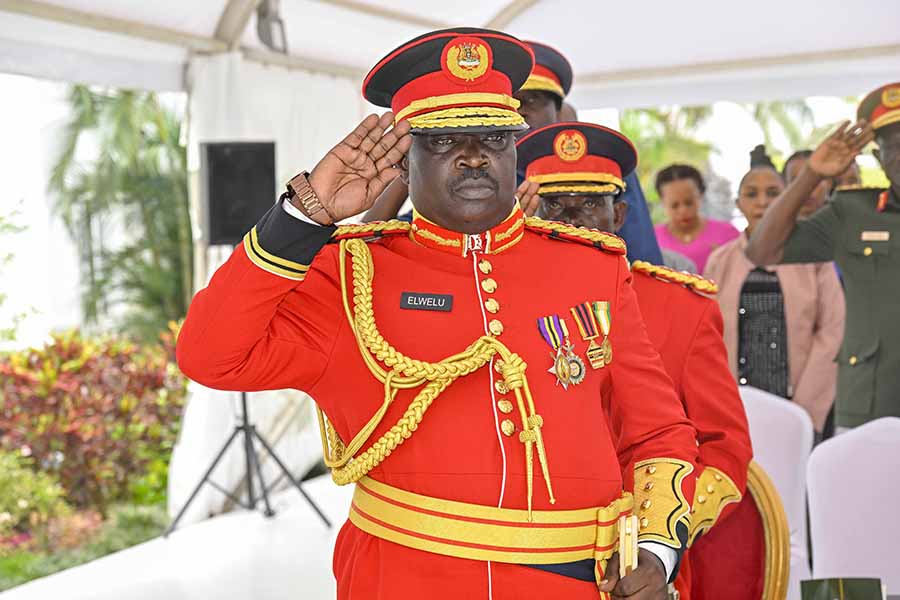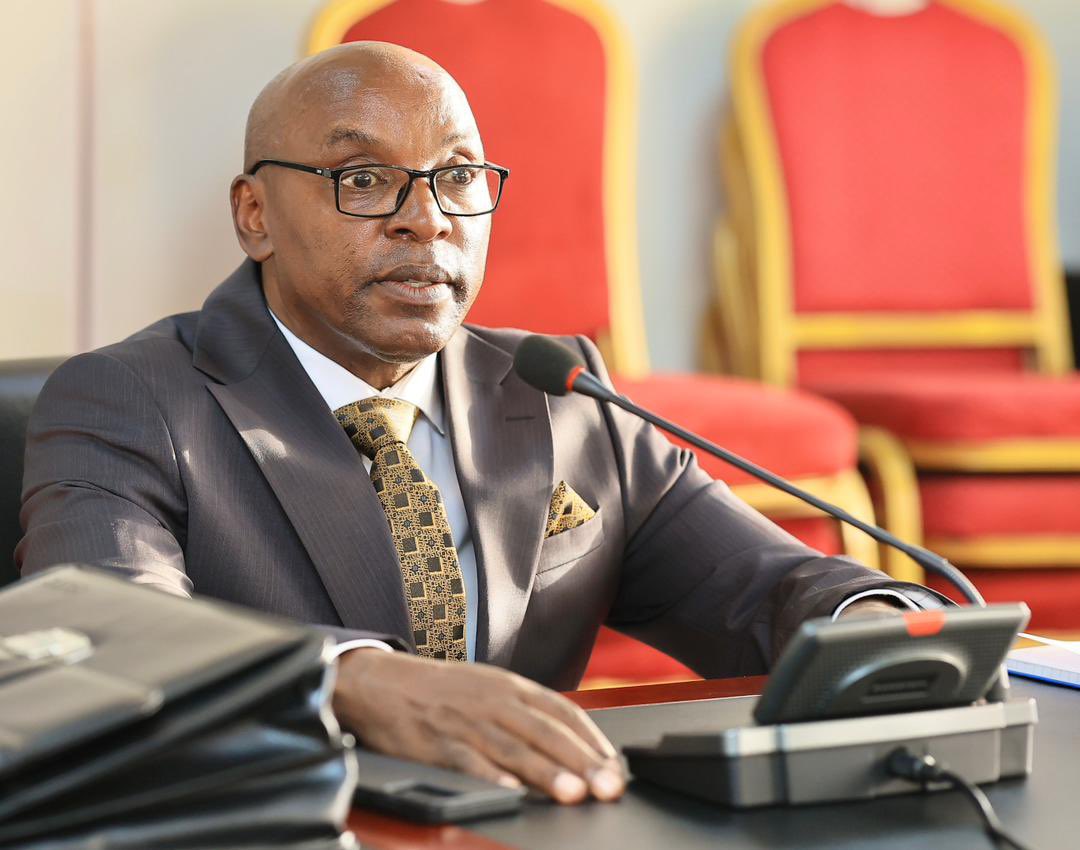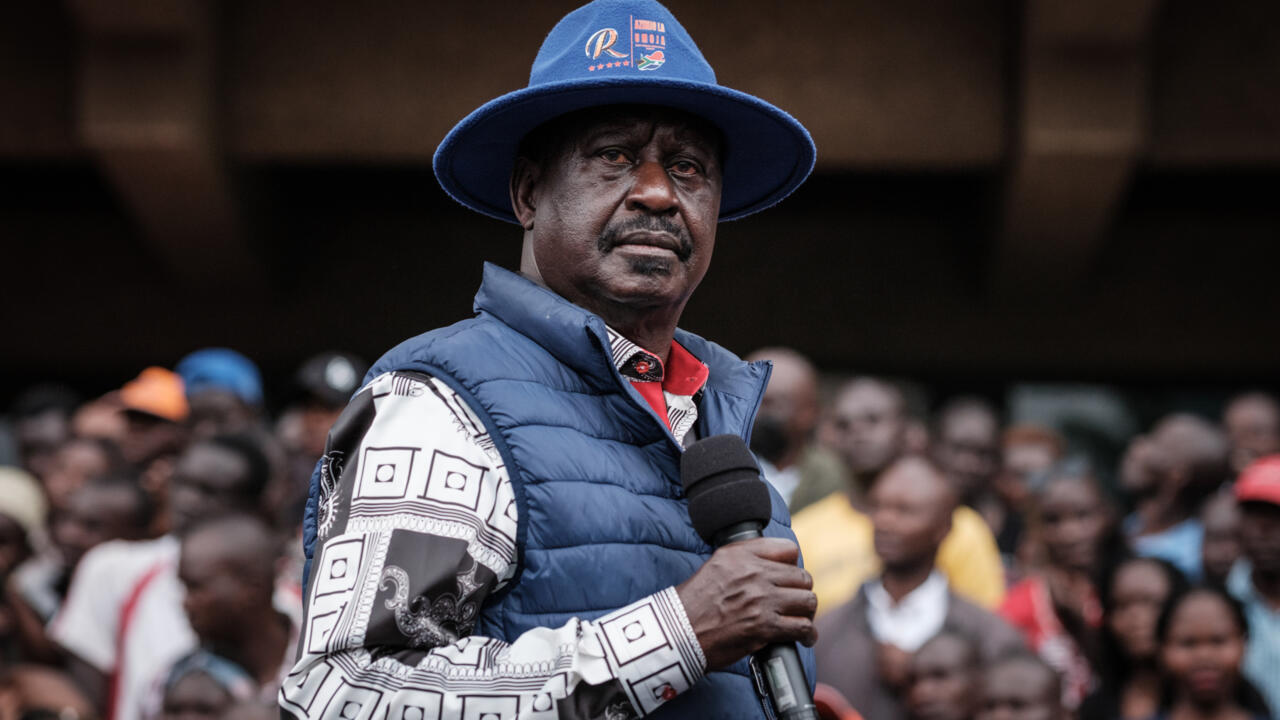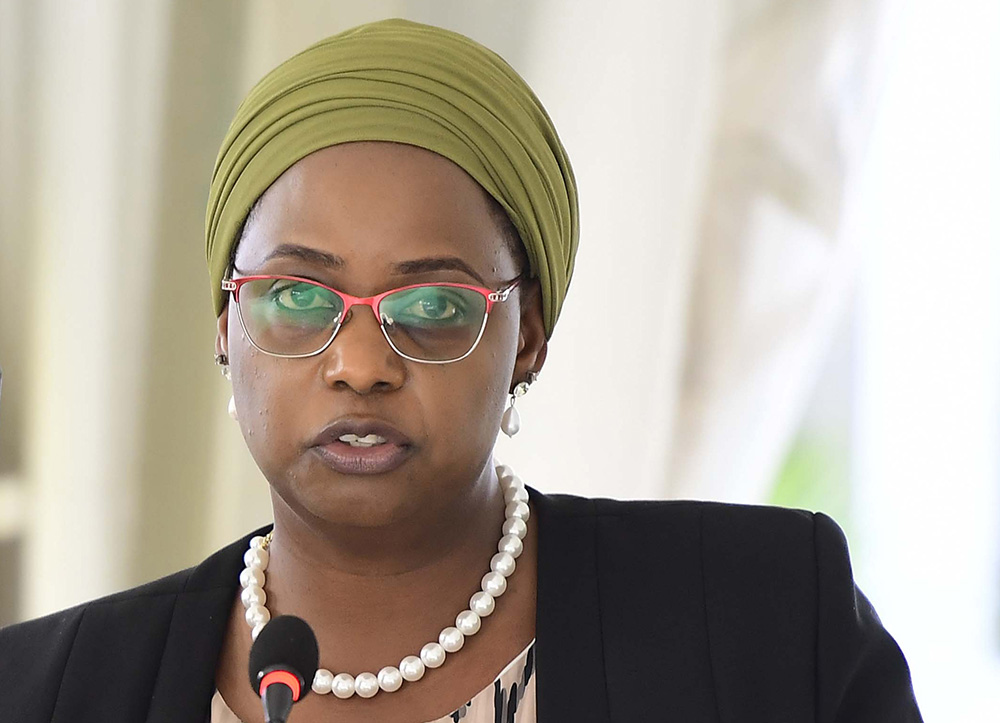In the aftermath of the November 2016 massacres in Kasese, several things happened in the life of Lt Gen Peter Elwelu, who commanded the attacks.
First, Elwelu maintained a straight face and justified the unreasonable use of force amidst condemnation at home and abroad.
Second, President Museveni promoted him from Major General to Lieutenant General, which many saw as a vote of confidence in Elwelu’s methods. He was later appointed deputy chief of defence forces.
Third, he was sanctioned by the United States and was even stopped from attending a military course in Malawi, run by the US military.
Fourth, after some self-reflection, Elwelu opened a church in his home district of Kalaki, where he urged people to turn to God and “atone for their sins.”
Last week, Elwelu, with six other generals, retired from the army at a colorful ceremony presided over by Gen Museveni.
His parting message was loaded with meaning for those who have ears.
“There is no happiness on this earth until death,” he said, his voice cracking with a mix of gratitude and resignation.
Elwelu’s retirement marked the end of an era for the 55-year-old officer, who had risen through the ranks to become a deputy commander of the UPDF.
Yet beyond the military, Elwelu’s story is one of power’s double-edged sword: a commander who wielded it with lethal force, only to find himself grappling with its aftermath.
One could say his softening of tone offers a stark lesson for those who misuse authority: accountability may come slowly, but the human cost lingers eternally.
Indeed, the ghosts of Kasese must be haunting the general in his sleep or even when he is awake. Whatever Elwelu does from now on, his legacy will be defined by his bullish command of his forces in Kasese in 2016.
How events unfolded
For years, tensions had simmered between the Rwenzururu kingdom’s royal guards, who had been accused by the government of forming a separatist militia, and state security forces. On November 26 and 27, 2016, UPDF troops under Elwelu’s direct command stormed the palace in a raid dubbed “Operation Usalama Rwenzori.”
What followed was carnage: soldiers overran the compound, arresting the Omusinga Mumbere and killing at least 153 people, including women and children, according to Human Rights Watch (HRW) investigations. Bodies were piled in trucks, some burned beyond recognition. There were reports of extrajudicial executions.
Elwelu defended the operation unapologetically. In a chilling interview shortly after, he declared the victims “criminals who deserved to die.”
He claimed the royal guards were terrorists planning secession, and that his forces acted in self-defense.
But eyewitness accounts painted a different picture. They said unarmed civilians had been gunned down, children had been caught in the crossfire, and the palace had been reduced to rubble.
The International Criminal Court (ICC) was urged to investigate ( Elwelu said he was ready to hand himself in).
In the years that followed, Elwelu’s public persona shifted dramatically. Once the archetype of military bravado, he began speaking in spiritual tones. In 2023, he founded a church in Kalaki, his home district, with prayers attended by none other than President Museveni.
Videos from the event show Elwelu preaching forgiveness and faith, urging congregants to “turn to God.” In one emotional clip, he hints at inner turmoil:
“I lost myself after seeing the scene,” he said.
In May last year, the US imposed sanctions on Elwelu for his role in “extrajudicial killings committed by members of the UPDF in Kasese.”
Shockingly, the force he had diligently served termed the sanctions a “personal problem.”
To add insult to injury, Gen Muhoozi Kainerugaba, the first son and CDF, recently called Elwelu a “buffoon” and even threatened to arrest him.
In his retirement speech on the lawn of the State House, he emphasized forgiveness.
“If we hurt you during our time of service, please forgive us,” he said. Observers interpret this as a man still haunted by ghosts—literally and figuratively.
Elwelu’s fall from grace and transformation illustrate how authority, when misused, erodes not just victims but perpetrators. In Uganda’s militarized politics, commanders like him execute orders, only to be discarded when inconvenient.
Yet as he preaches in his Kalaki church during his retirement, Gen Elwelu must ponder this: redemption is not found at the pulpit alone. He can retire, but the ghosts of Kasese will not allow him to have a good rest.







